Other Projects
Oder-Neisse No More
Oder-Neisse No More (2006-2008) explores the concept of borders.
The Oder and the Neisse are 2 rivers forming together the Oder-Neisse line and mark the border between Poland and Germany since 1945.
The words Oder-Neisse symbolize contentious issues in Central-Europe after World War II: changing borders, displaced populations. In that case the USSR annexed some German territories and gave them to Poland, expelled the population and replaced them with Poles - themselves expelled from annexed parts of their country.
This project results from repeated travels throughout this area - along and around the border itself, and into these former German territories.
As an expatriate living in Germany and having lived in Poland, I've tried to question the concept of a border: an odd administrative line indicating where a culture is supposed to suddenly end and another one (often expected to be "irreconcilably different") start right away. A notion at odds with the fact that much of Central Europe's territories frequently changed hands over the course of history, thus blurring claims or identities.
As an outsider, aware of the amount of ignorance and prejudice between both countries, I've explored how the past influences these lands' present identities. Especially since both sides share a recent history as communist states. Even more so since all border controls were raised since December 2007: is the Oder-Neisse problem, long a painful issue, now no more?
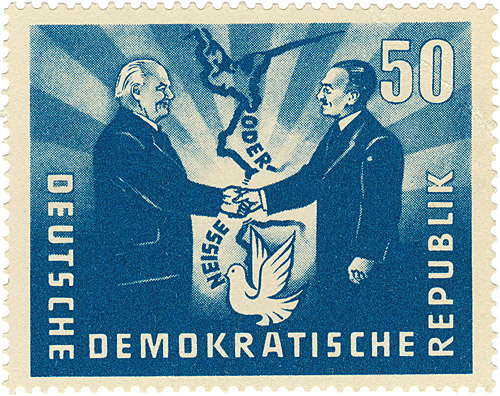
1/38
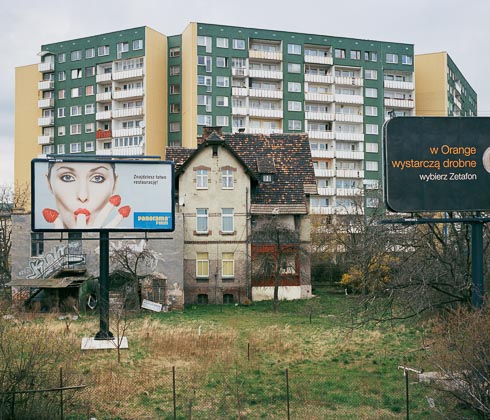
2/38Wrocław (Poland)
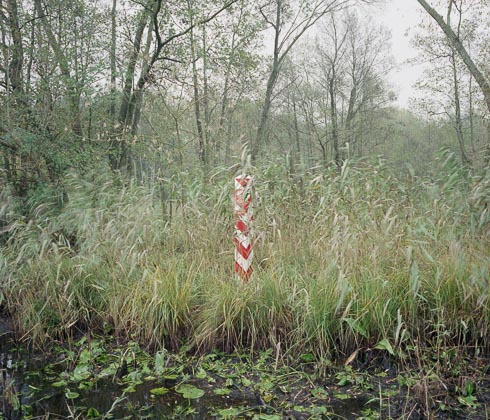
3/38Rieth (Germany)
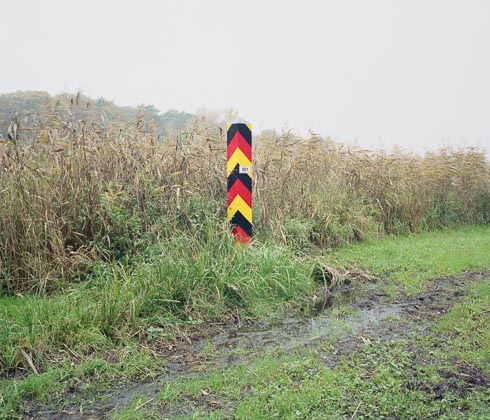
4/38Rieth (Germany)
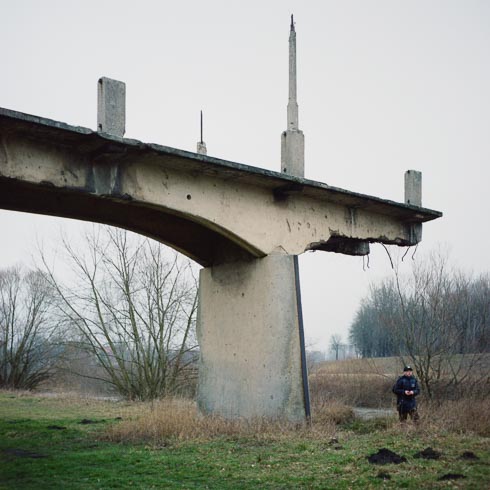
5/38Forst (Germany)
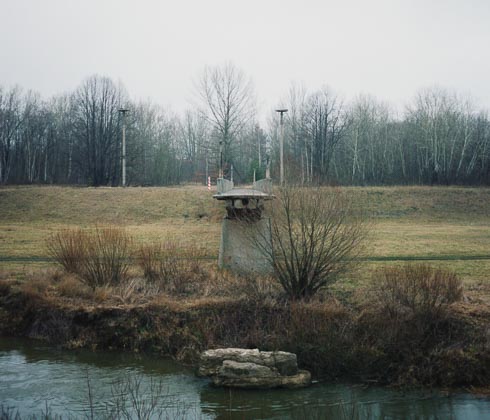
6/38Forst (Germany)
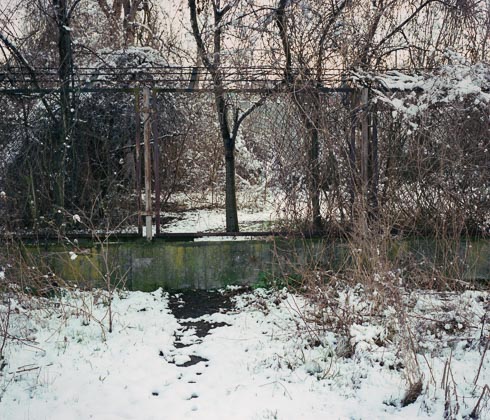
7/38Wrocław (Poland)
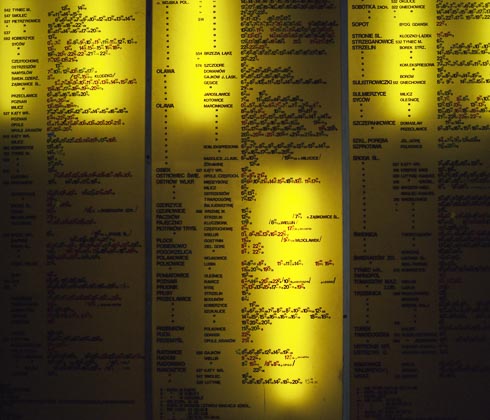
8/38Wrocław (Poland)
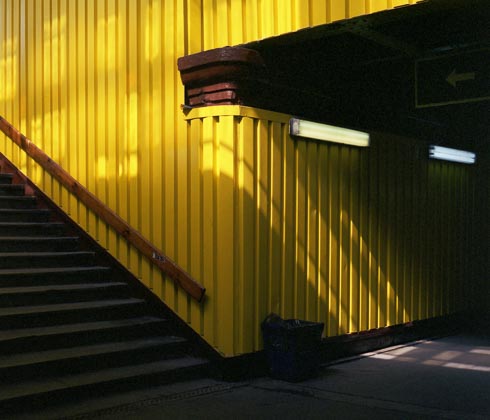
9/38Szczecin (Poland)
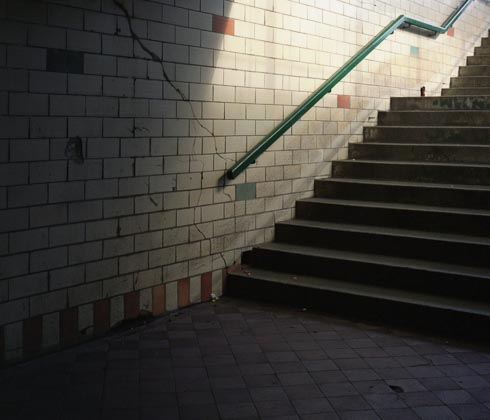
10/38Eisenhüttenstadt (Germany)
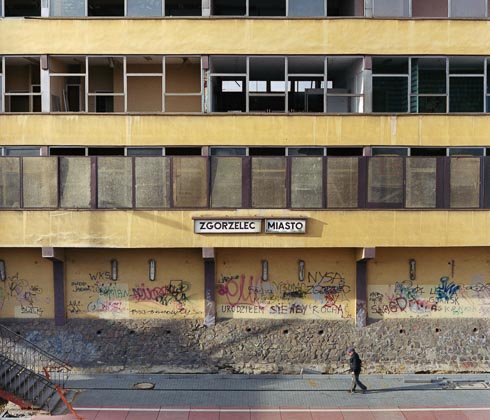
11/38Zgorzelec (Poland)
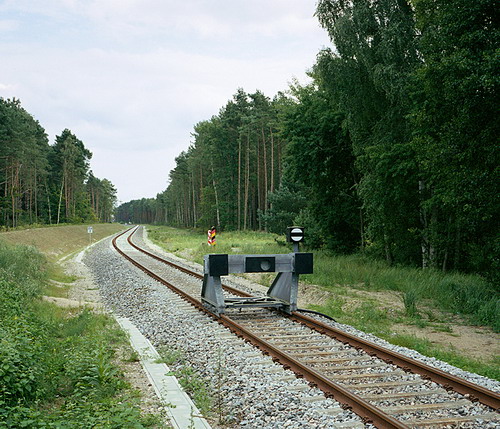
12/38Ahlbeck/Świnoujście (Germany/Poland)
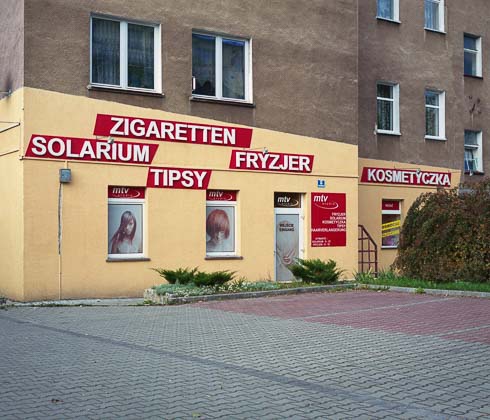
13/38Gubin (Poland)
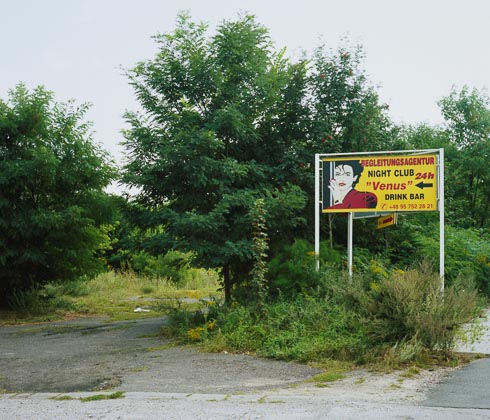
14/38Kostrzyn (Poland)
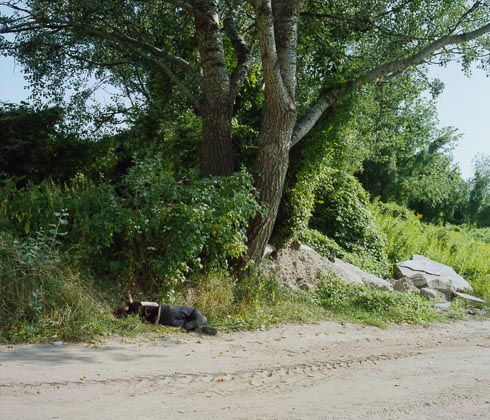
15/38Kostrzyn (Poland)
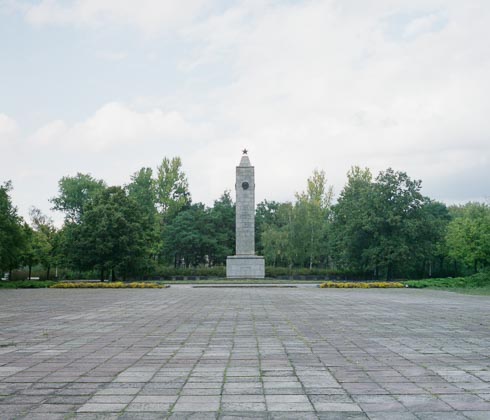
16/38Eisenhüttenstadt (Germany)
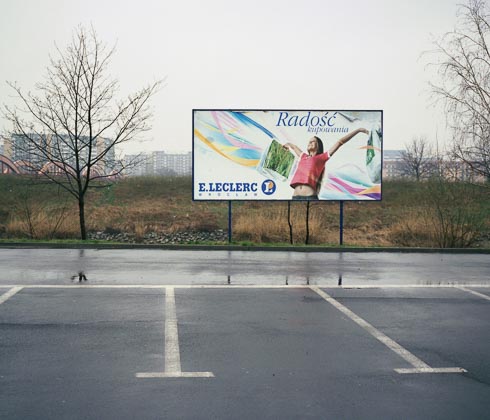
17/38Wrocław (Poland)
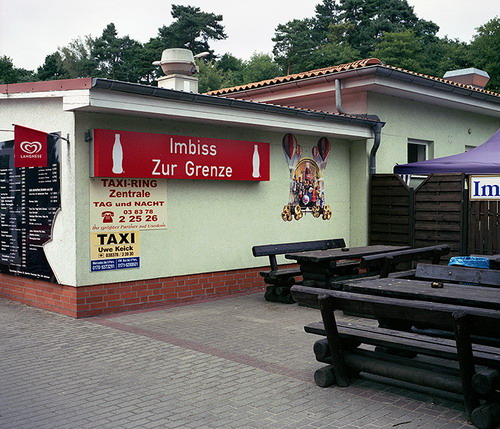
18/38Ahlbeck (Germany)
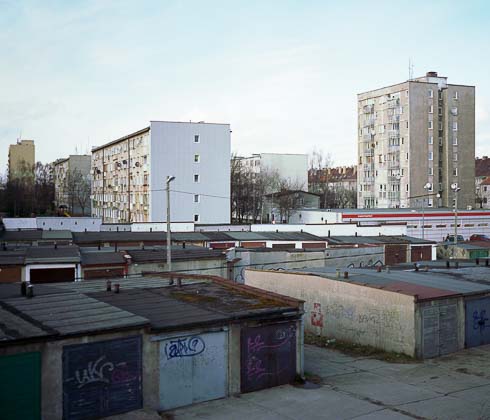
19/38Zgorzelec (Poland)
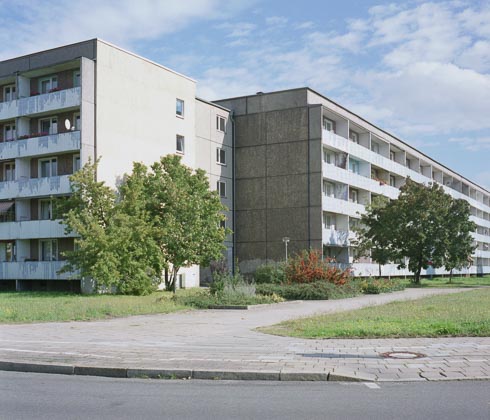
20/38Eisenhüttenstadt (Germany)
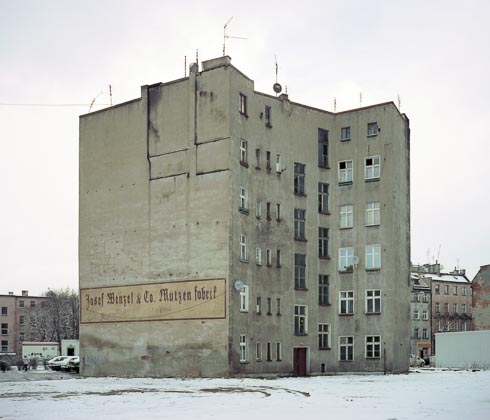
21/38Wrocław (Poland)
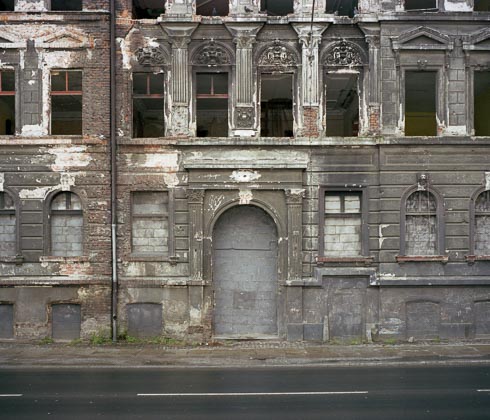
22/38Wrocław (Poland)
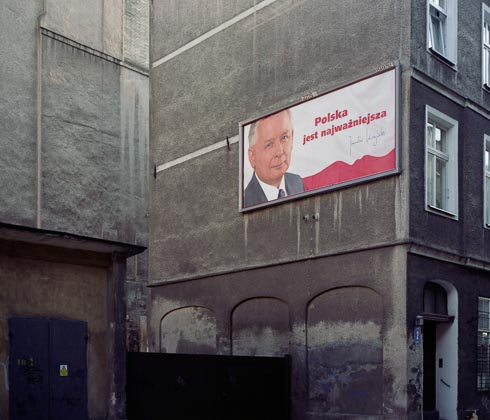
23/38Szczecin (Poland)
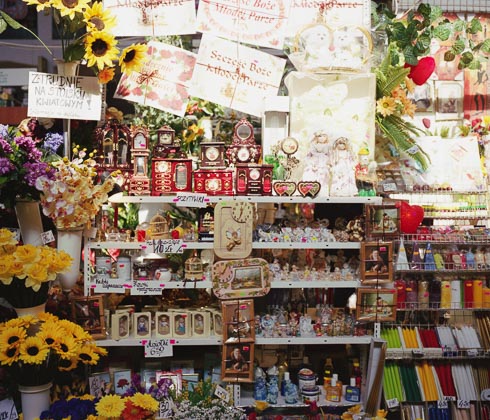
24/38Wrocław (Poland)
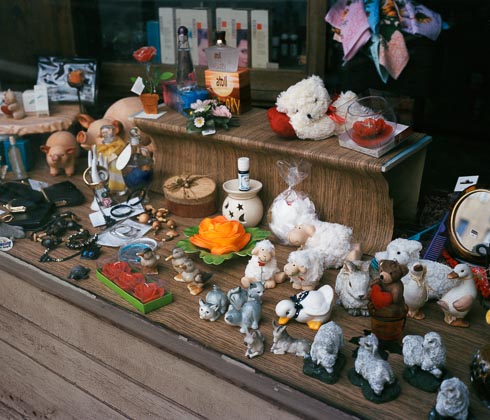
25/38Cottbus (Germany)
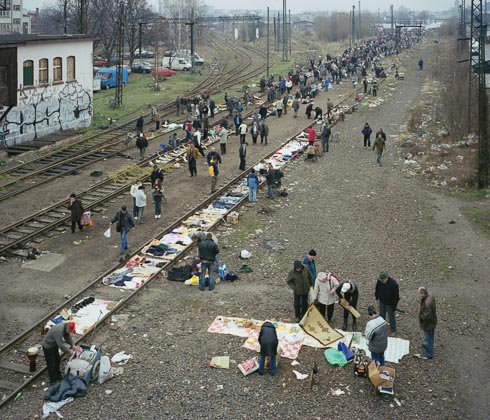
26/38Wrocław (Poland)
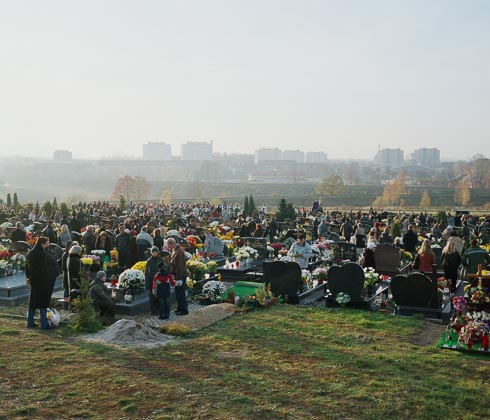
27/38Zgorzelec (Poland)
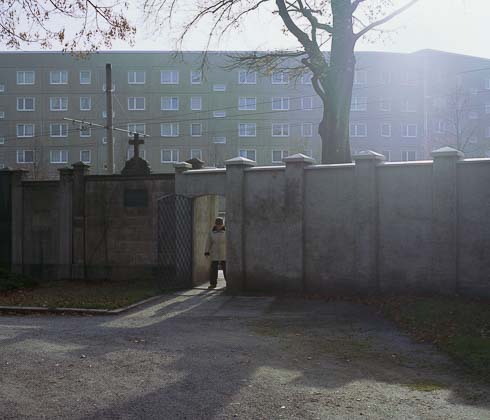
28/38Görlitz (Germany)
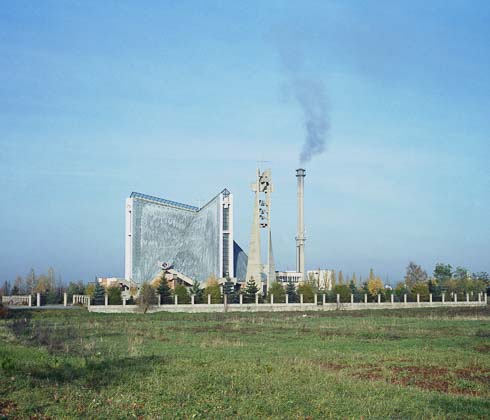
29/38Zgorzelec (Poland)
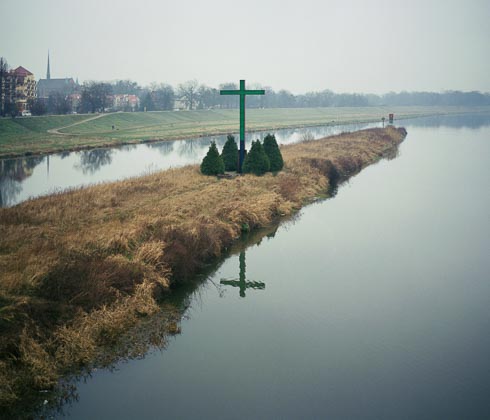
30/38Wrocław (Poland)
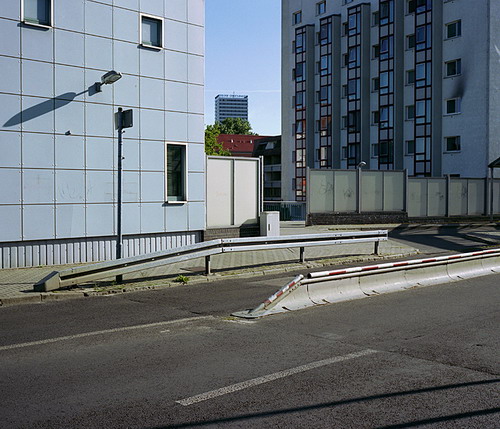
31/38Frankfurt/Oder (Germany)
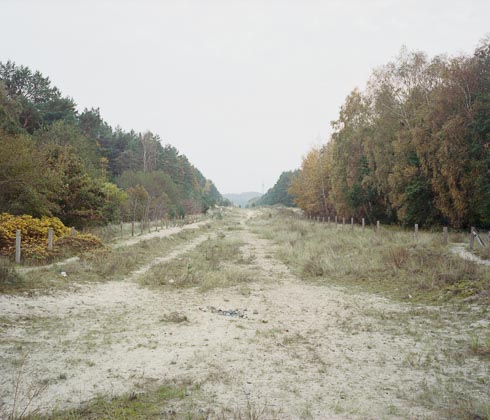
32/38Usedom, Poland/Germany
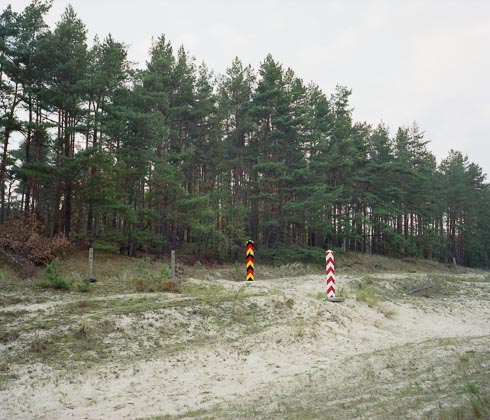
33/38Usedom, Poland/Germany
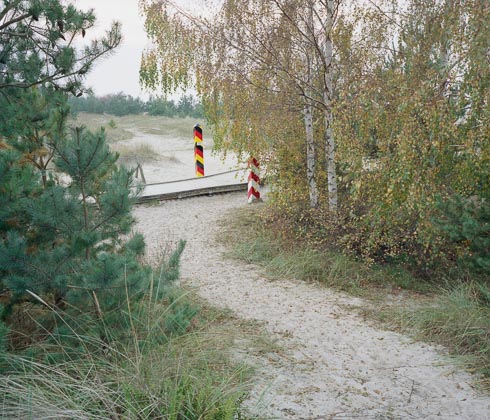
34/38Usedom, Poland/Germany
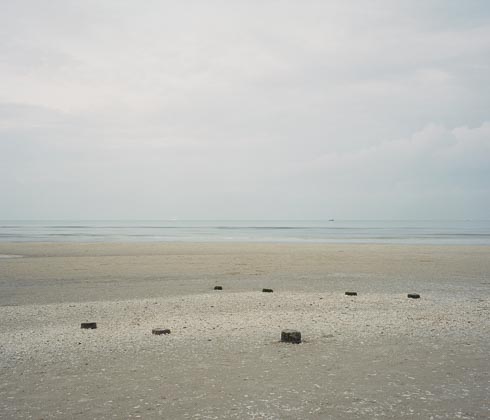
35/38Usedom, Baltic Coast, Poland/Germany
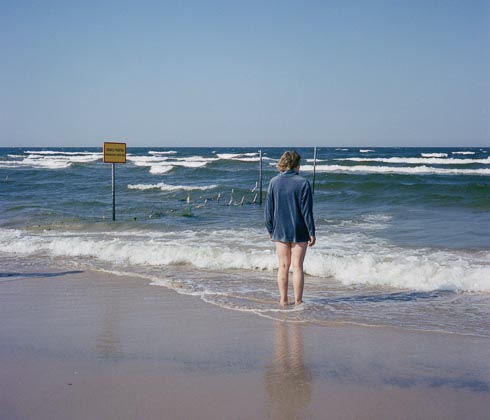
36/38Usedom, Baltic Coast, Świnoujście (Poland)
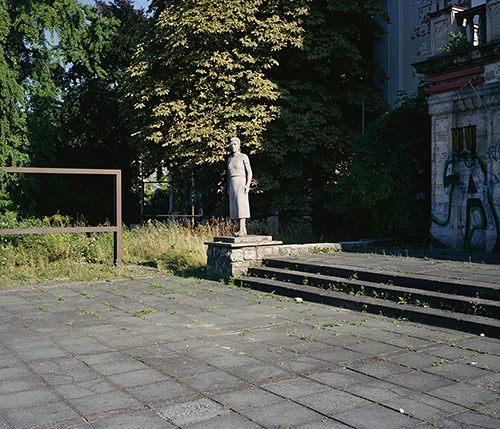
37/38Frankfurt/Oder (Germany)
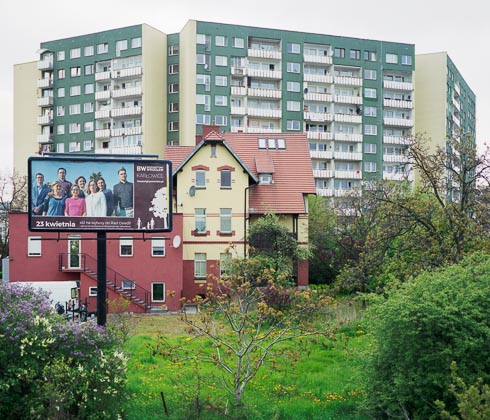
38/38Wrocław (Poland)